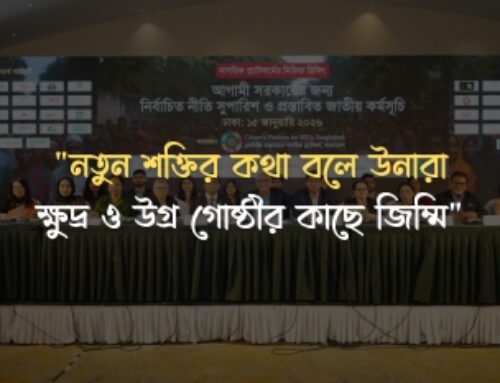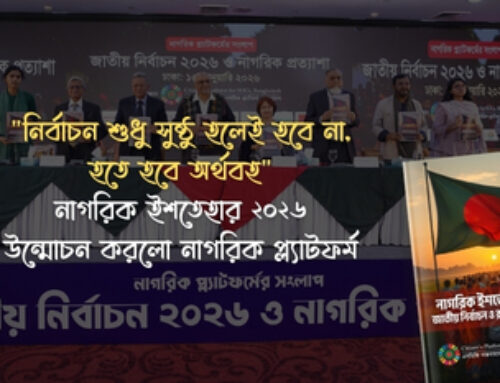
Centre for Policy Dialogue (CPD) is conducting a research initiative titled “Reaching the Furthest Behind the First: A Human Rights-based Approach to Confront Extreme Poverty in Bangladesh”. The study identified five vulnerable occupational groups who, despite having access to employment opportunities, remain below the poverty line. These groups remain largely undocumented and their voices are often excluded from policy discussions. Among them, women farmers represent an important population.
As part of this initiative, CPD and the Citizen’s Platform for SDGs, Bangladesh, organised a consultation in Satkhira on 10 September 2025. The primary objective of the meeting was to present preliminary findings regarding the challenges faced by women farmers and to engage in dialogue with local stakeholders. The meeting was chaired by Dr Debapriya Bhattacharya, Distinguished Fellow, CPD and Convenor, Citizen’s Platform. The preliminary report was presented by Mr Towfiqul Islam Khan, Additional Director (Research), CPD.
Participants highlighted that a major barrier for women farmers is the lack of official recognition, as most do not have farmer identification cards, limiting their access to government services. This is worsened by the absence of a centralised database and a lack of outreach to inform women of their rights.
Women face significant challenges accessing formal credit, as bank loans require land ownership in their name. Many rely on NGO loans, while benefits are often monopolised by politically connected middlemen, excluding the intended beneficiaries.
It was also pointed out that women are frequently excluded from agricultural training programs and even those with farmer cards often do not receive associated entitlements. Critical resources like fertilisers and pesticides are commonly captured by elites, blocking fair distribution.
Representatives of development organisations raised the issue that healthcare access is inconsistent due to unreliable community clinics and gender wage discrimination is widespread, with women paid less than men for equal work.
Despite digital systems aimed at transparency, poor internet access and low digital literacy exclude many women from registering for services or benefits. Low public investment and weak local implementation further hinder support.
Participants stressed the importance of collective organising through cooperatives or unions to improve opportunities and voice. Peer-led training was recommended to boost participation, alongside efforts to enhance digital access and literacy for greater inclusion and empowerment.
Mr SK Moinul Islam Moin, Additional Deputy Commissioner (Revenue), Satkhira, attended the consultation as a special guest. The participants included women farmers, relevant government officials, representatives from development organisations and civil society members. This initiative was supported technically and financially by UNICEF, the International Labour Organization (ILO), UNDP Bangladesh, the Office of the UN Resident Coordinator and UN Women. Additionally, local support was provided by ActionAid Bangladesh and Youth for Change Bangladesh Foundation.





Leave A Comment